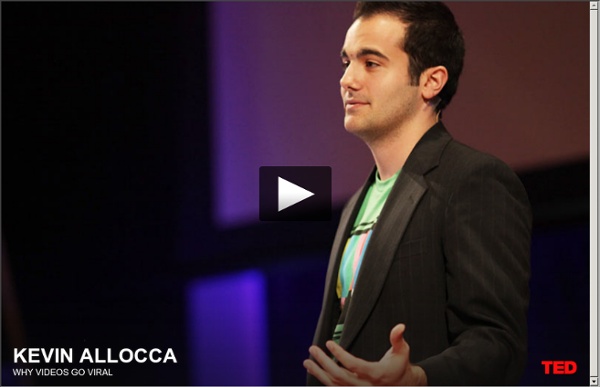Kevin Allocca: Why videos go viral

Big brother is watching you shop
For the past 20 years, those who say that Big Brother is watching you have tended to focus their attention on bogey men such as the ubiquitous CCTV cameras, the National DNA Database and the US and Chinese governments snooping on emails. More recently, though, it's become clear that governments aren't alone in their interest. Companies, particularly those with big online operations, are building up increasingly sophisticated pictures of their customers - and their model is more Brave New World than 1984. Of course, concerns about online privacy are nothing new. Over the past couple of years, as companies have learned to use everything from their consumer databases to cookies, and as commerce moves onto tablets and smartphones, whole new streams of data are appearing. In the middle of last year, it was reported that the travel site Orbitz was showing visitors who were using Apple Macs more expensive hotels than those who were using PCs. But does any of this matter? Huddart thinks not.
uk.businessinsider
Related:
Related:



